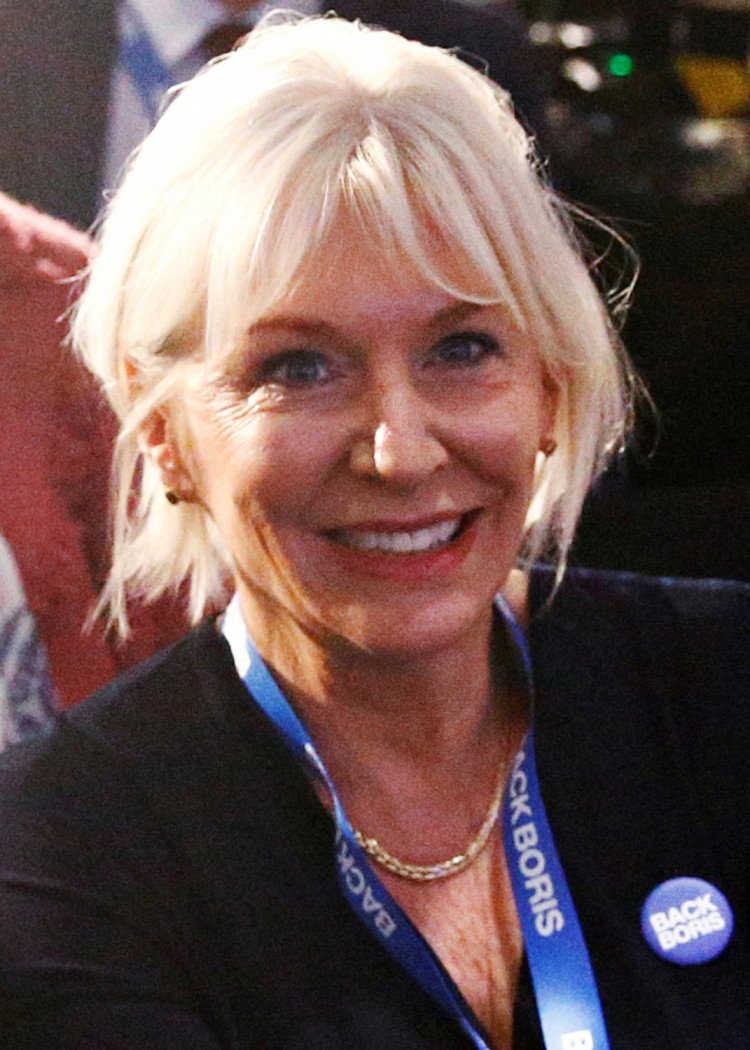The United Kingdom is seeing a spike in new coronavirus cases, albeit not as widespread as the outbreak in Italy. One of the biggest news is the revelation of a British minister.
Health Minister Tests Positive
Health minister and Conservative MP Nadine Dorries said she contracted the novel coronavirus but she is currently self-isolating herself at home.
According to BBC, Dorries revealed that she has taken all the necessary medical processes in line with the experts' recommendations. It is unclear how far she is in the CoVID-19 strain's progression.
Aside from Dorries' revelation, the country also recorded its 6th fatality.
The 6th coronavirus death in the country was that of a man in his early 80s. The said patient had other underlying health issues aside from contracting the novel virus.
NHS England will Ramp Up Testing Capacity
Following news of the health minister's CoVID-19 confirmation, the National Health Service (NHS) of England said it will scale up efforts in testing Britons and other nationals across the country.
Before the cases spiked in Britain, health providers only carried out up to 1,500 tests. With the increase in new CoVID-19 cases, the country will now implement up to 10,000 tests daily.
As of Tuesday evening, the country confirmed 373 coronavirus cases. So far, the U.K. has not announced any draconian measures to contain the disease. Deputy chief medical officer Dr. Jenny Harries said the decision to not impose stricter measures should be supported by science.
Harries added that health professionals and epidemiologists in the the country has been assessing new cases hourly to ensure that the government will have a "balanced response" to the current situation.
Wrong Info Triggers Confusion
The British government admitted that on Tuesday, the NHS sent the wrong message to people making calls to inquire about travel restrictions and health screenings.
The NHS initially gave out the wrong advice, stating that travelers returning from Italy don't need to undergo self-quarantine if they did not experience any coronavirus symptoms, The Guardian reported.
However, the Public Health England office said on Monday that people going back home from Italy should self-isolate themselves for two weeks regardless of how they feel physically. The contradicting advice raised confusion among Britons.
On the other hand, the issue is being resolved, a No. 10 spokesman revealed, adding that the government has clearly stated what people from Italy should do and that is to stay at home for 14 days as a precautionary measure.
UK CoVID-19 Expected to Peak the Same as China
Harries said in an interview on Tuesday that coronavirus cases in the U.K. will most likely peak soon, and in the same way the CoVID-19 strain maneuvered across China.
As part of the efforts to hopefully contain the disease, the government is expected to start telling people to stay at home for at least a week if they feel sick or if they are suffering from minor colds and cough.
While it has yet to be announced whether Britain will decide to quarantine a certain part of the country, it is expected that travel restrictions will be announced in the coming days.
Hospital in Heat after Surgeon Contracts Coronavirus
Meanwhile, a senior surgeon at Liverpool's Aintree University Hospital contracted the CoVID-19 strain while he was vacationing in northern Italy. However, the said surgeon went back to work like usual without putting himself on self-quarantine, the Daily Mail reported.
Health authorities are now in a frantic race to find the people the said surgeon was in contact with over the last week, especially those whom he operated on.
The said doctor reportedly also interacted with a lot of staff members, patients, and other people inside and outside the hospital before he was sent home by the hospital administration.
Outrage has since been pouring, with people asking the hospital why they allowed the surgeon to get back to work without undergoing the supposed self-quarantine process, considering that they know better.
A spokesman for Liverpool University Hospitals NHS Foundation Trust noted that "relevant areas" where the surgeon in question had been disinfected as necessary.





